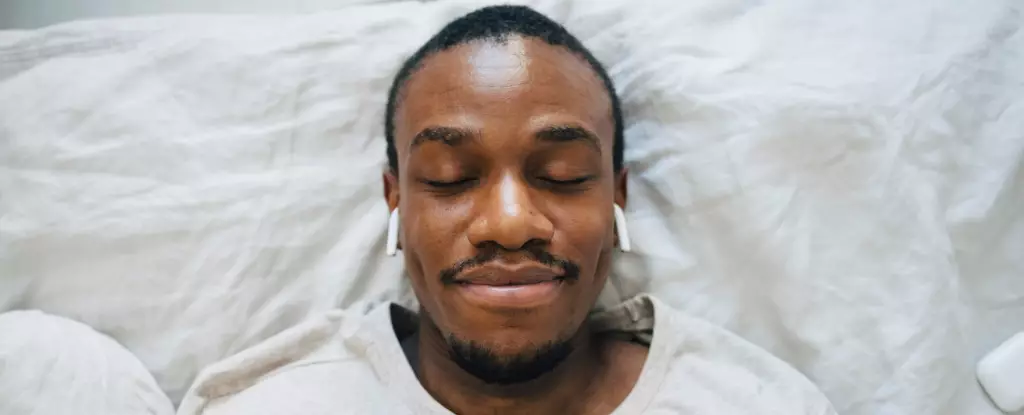For a long time, the prevailing belief in neuroscience was that neurogenesis— the birth of new neurons— ceased after a certain developmental stage in childhood. However, recent discoveries are revealing that our brains possess this remarkable capability even in adulthood, albeit at a significantly reduced rate. This not only challenges traditional views about brain development but also raises probing questions about the potential implications of adult neurogenesis for cognitive functions such as learning and memory.
While the human brain is at its most dynamic during childhood, some regions, particularly the hippocampus, continue to produce new neurons long into adulthood. This ongoing process has become a subject of scientific inquiry, controversial yet enticing, and its relevance to cognitive health is an area of active research. As investigations progress, scientists are uncovering that decreased production of these newly formed neurons may correlate with cognitive impairments in conditions such as epilepsy and Alzheimer’s disease.
A recent study undertaken by a multidisciplinary team shed light on the intricate relationship between new neuron formation and cognitive abilities in adults. Focusing on individuals with drug-resistant epilepsy, the researchers sought to determine how changes in neurogenesis correlate with specific cognitive capabilities. Participants of the study underwent neuropsychological evaluations and, during surgical interventions to treat their epilepsy, brain tissue samples were collected for analysis.
Under microscopic examination, the presence of new neurons was meticulously documented, revealing a significant link between these cells and cognitive performance in verbal learning tasks. These findings suggest that new neurons in adulthood might play a crucial role in how individuals learn from verbal interactions. This was a striking revelation considering previous studies on rodents, which indicated that new neurons primarily contribute to spatial learning through exploration.
Interestingly, while mice displayed enhanced capabilities in navigating their environments due to neurogenesis, the adult human experience seemed firmly anchored in social interaction and auditory learning. This divergence not only emphasizes the complex nature of human cognition but also the necessity of studying these phenomena directly in the human brain, instead of solely relying on animal models which may not provide a full picture of our cognitive processes.
As populations around the world age, the incidence of cognitive decline poses significant challenges not only for individuals and families but also for healthcare systems. Neurological disorders like Alzheimer’s or epilepsy exacerbate this issue, with affected individuals often experiencing heightened cognitive impairment over time. The study’s findings foster hope by suggesting that supporting neurogenesis could mitigate some of these cognitive declines, particularly in skills essential for everyday communication and interaction.
Researchers are optimistic that enhancing the generation of new neurons could serve as a possible intervention strategy for aging populations and individuals suffering from cognitive disorders. The evidence that links neurogenesis and verbal learning underscores a potential pathway for therapeutic exploration; however, it is pivotal to approach these conclusions cautiously as the understanding of neurogenesis remains in its infancy.
From Research to Reality: Clinical Trials and Future Directions
One of the promising avenues arising from this research involves clinical trials aimed at bolstering neurogenesis through aerobic exercise in epilepsy patients. Engaging a cohort in a structured physical exercise program, scientists hope to observe whether increased physical activity can naturally stimulate the brain to generate new neurons, thereby improving cognitive functions. This Phase 1 trial, still in its initial stages, aims to confirm the safety and feasibility of such an intervention before broader implementation.
While early results have been encouraging—with initial patients completing their exercise regimens without adverse effects—the journey towards establishing effective treatments based on these findings will necessitate extensive research and long-term studies. It reminds us of the intricate relationship between lifestyle factors, brain health, and cognitive well-being.
The recent exploration of adult neurogenesis has unveiled a compelling narrative about the human brain’s resilience and capacity for regeneration. As scientists unravel more about how new neurons influence learning and memory, especially in the context of aging and cognitive disorders, the potential for innovative treatment strategies becomes increasingly tangible. Importantly, this research reiterates the need for direct studies in humans to derive meaningful insights that could eventually shape clinical practices. As we look ahead, the ongoing dialogue between basic science and clinical applications promises to illuminate the path toward enhancing cognitive health for future generations.


Leave a Reply